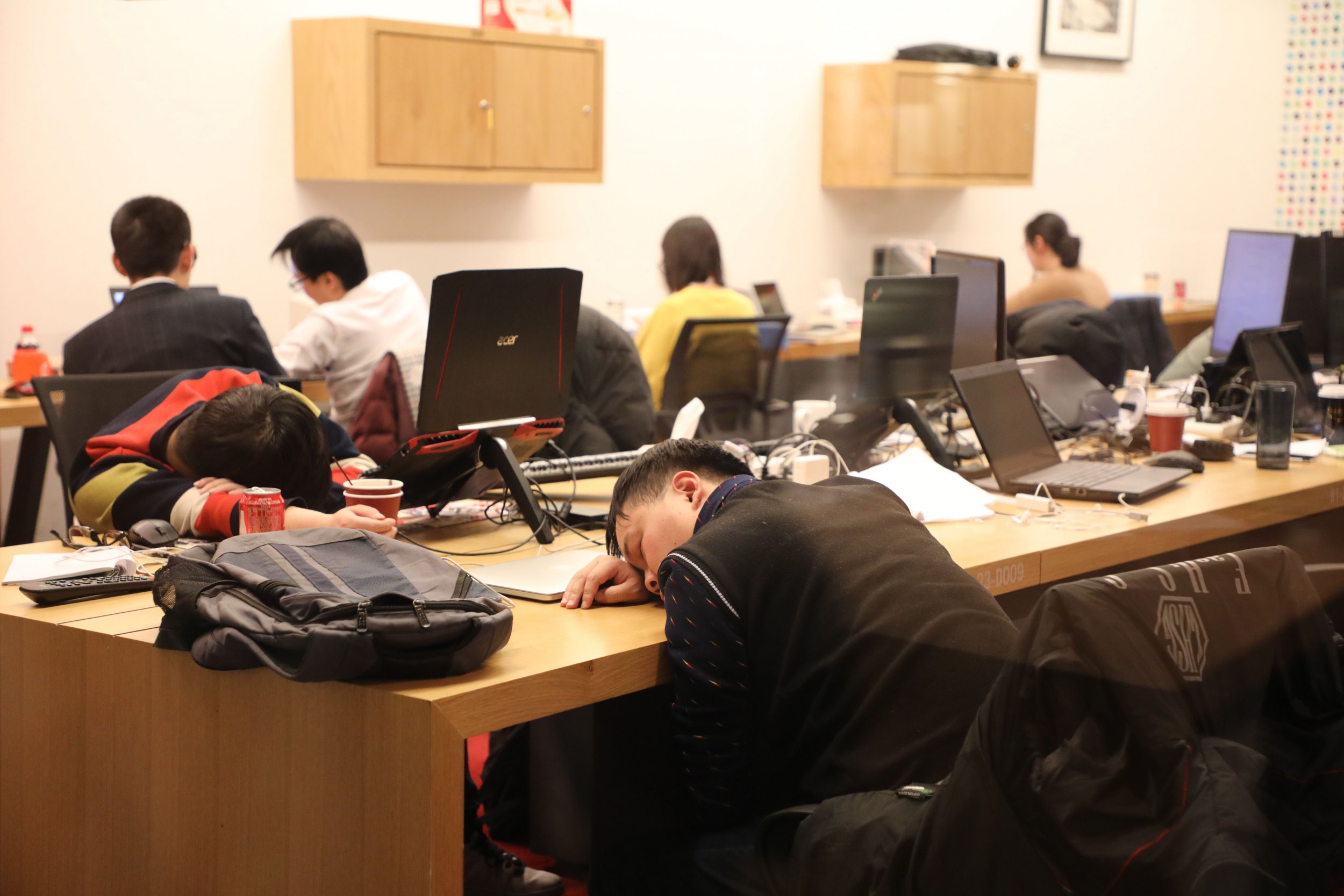
A bad case of insomnia could be your genetic inheritance from your parents, according to a new study published Thursday in Molecular Psychiatry.
More than 30,000 U.S. soldiers had their genomes sequenced as part of the study. Based on that collection of sequences and the results of surveys the soldiers took, researchers found that parts of chromosome seven appeared to be linked with their insomnia-related survey answers. Though this region didn't actually overlap with any particular gene, it was close to two—including one that another study had linked to a gene that might influence how much a person drinks. Insomnia was also related to genes that may control how a region of the brain that sends signals in a particular pattern during sleep develops, though not as strongly.
Depression has insomnia as a symptom, the paper notes, so the authors checked to see if factoring in a person's depression survey results would change the analysis. It didn't.

We already knew that insomnia might have genetic roots, but many previous studies used twins—people who are, conveniently, genetically identical but who lead different lives. This paper uses one of the larger study populations ever for work on insomnia, the authors noted. They also used a different definition of insomnia, meant to apply only to people who struggle to sleep throughout their lives.
However, the results might not apply if you only suffer from insomnia for a short amount of time—or if you aren't a man of European ancestry. The sample used for this paper, the author noted, had mostly men. While the soldiers were a diverse bunch, most genetic databases used for this kind of research still rely heavily on information from white people.
Despite these limitations, studies like these may be important to do. As the authors noted, "better understanding of the molecular bases for insomnia will be critical for the development of new treatments."
Uncommon Knowledge
Newsweek is committed to challenging conventional wisdom and finding connections in the search for common ground.
Newsweek is committed to challenging conventional wisdom and finding connections in the search for common ground.
About the writer
Kate Sheridan is a science writer. She's previously written for STAT, Hakai Magazine, the Montreal Gazette, and other digital and ... Read more





